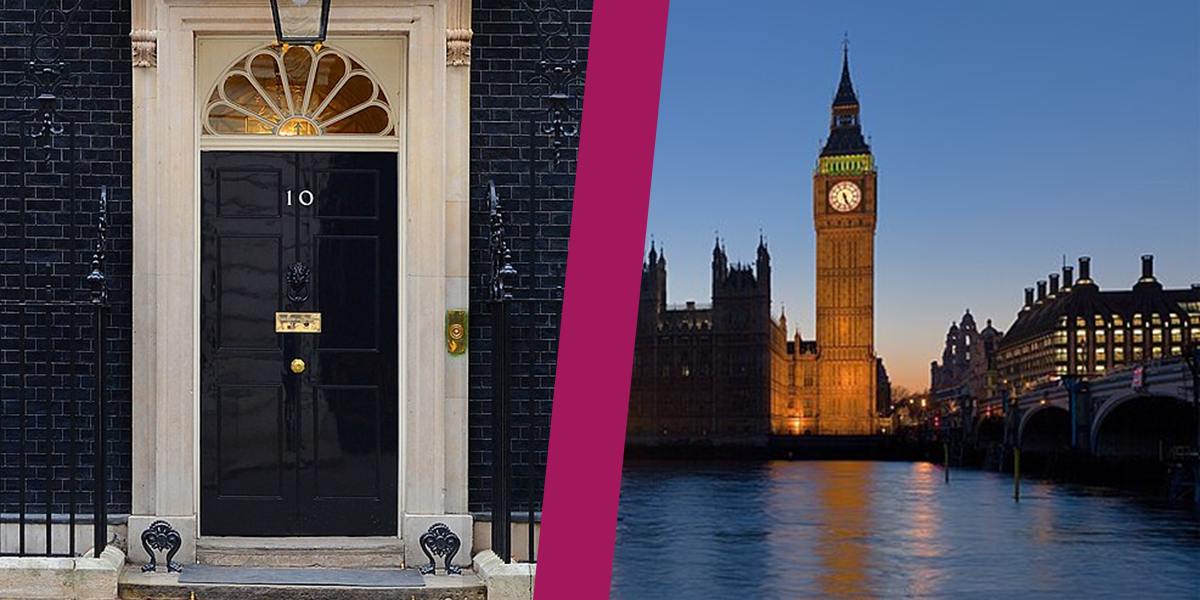Our services:
Quick contact:
-
Grosvenor House, 11 St Paul's Square,
Birmingham, B3 1RB - +44 (0)121 232 8626
- info@walkthroughwalls.co.uk
We're on social media:

Influence with impact: Navigating the UK’s unwritten constitution

Though the UK lacks a single written constitution, its network of conventions, statutes, and procedures profoundly shapes how government operates and crucially, how it can be influenced.
Unwritten rules still rule
The UK’s constitution is not codified in a single document but instead rests on flexible yet enduring principles established through convention, institutional practice, and statute. These unwritten rules provide the framework for executive power, parliamentary procedure, and the crucial relationship between No. 10 and Parliament. Despite their informal character, they carry genuine constitutional weight, guiding how decisions are made and how power is exercised across government.
Modern significance
Brexit exposed the power of this unwritten system. Boris Johnson’s 2019 attempt to prorogue Parliament, and the Supreme Court’s subsequent ruling in R (Miller) v The Prime Minister and Cherry ex parte Advocate General for Scotland, demonstrated that constitutional checks on the executive remain both powerful and contentious in both the court of public opinion and the courts of law.
The case provoked fierce debate: how could an unelected judiciary overrule an elected Prime Minister exercising a prerogative power? Was the judgment a triumph of constitutional principle or a politicised intervention? Critics argued it reflected judicial overreach and anti-Brexit sentiment, pedalled by staunch remainer Gina Miller, meanwhile supporters saw it as a necessary defence of parliamentary sovereignty.
This controversy revealed both the strength and fragility of the UK’s constitutional model: its flexibility enables adaptability but leaves room for inconsistent interpretation by the judiciary and self-regulation by the executive through instruments like the Ministerial Code.
Why this matters for Public Affairs
Effective lobbying and public affairs work depend on a deep understanding of how parliamentary law-making interacts with executive power. The UK’s “fusion of powers” means the government dominates the legislative process, yet remains accountable to Parliament and subject to legal constraints. Navigating influence within this system requires more than knowledge of parliamentary procedure; it demands awareness of the constitutional dynamics that underpin every decision.
How Walk Through Walls overcomes these barriers
At Walk Through Walls, our team includes public affairs specialists with first-hand experience inside Parliament. Including former MPs who have served within Parliament and in some instances even played key roles in committee officer positions, directly influencing the relationship between No. 10 and Parliament.
We apply this expertise to design targeted, constitutionally informed strategies that go beyond surface-level engagement. By anticipating how decisions move through the intertwined channels of Parliament and government, we help clients achieve tangible outcomes: ethically, strategically, and effectively.
If you’re seeking to navigate the complexities of UK governance, get in touch. Walk Through Walls can help you engage with the tools and expertise needed to overcome the barriers that stand between you and your goals.



Daniel Molloy-Brookes